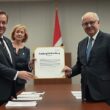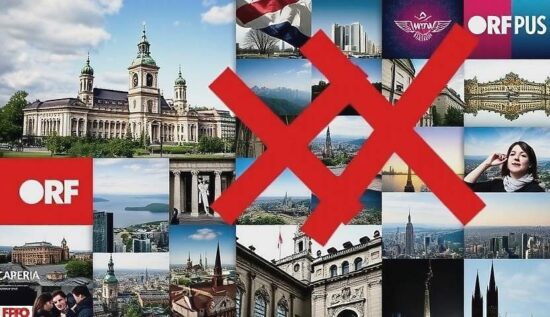The Austrian public broadcaster ORF is funded primarily through a household fee, ranging from 15.30 to 20 euros per month, depending on the federal state. The Freedom Party of Austria (FPÖ) now wants to abolish this fee and instead finance the ORF through the state budget. Critics fear that this could jeopardize the independence of the broadcaster. The ORF’s editorial board warns of the “destruction” of the public broadcasting system and highlights its importance for democracy.
In contrast, Germany’s public broadcasters, such as ARD, ZDF and Deutschlandradio, are funded through a uniform broadcasting fee of 18.36 euros per month, paid by households regardless of the number of residents or devices. This model has been criticized for its high cost and the question of whether it is still relevant in the digital age.
Switzerland, on the other hand, finances its public broadcaster, SRG SSR, through a media fee, which varies by canton. Since 2019, households and companies have paid a uniform annual fee of 335 Swiss francs (approximately 28 euros per month), covering radio, television and online services.
The comparison shows that the financing of public broadcasters is a contentious issue in all three countries. While Germany and Switzerland rely on fee models designed to secure the independence of the broadcasters, the FPÖ in Austria plans to finance the ORF through the state budget. Critics warn that this could compromise the neutrality of the ORF and enable political influence.





